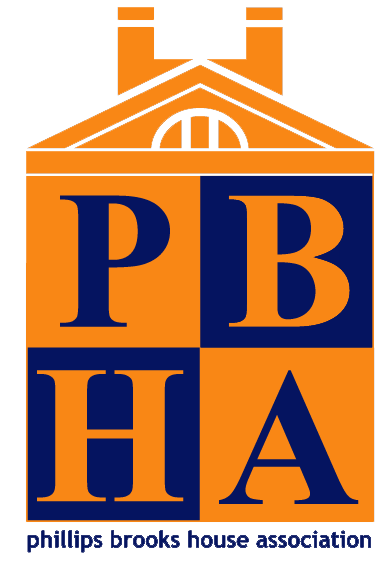Story #7: SUP Ethnography Captured by the Harvard Gazette
Harvard Gazette September 16, 1983: Reaching Out to the Community, Students Both Teach, Learn
SUP
In a cramped apartment in Roxbury, noise from the subway periodically drowns out all conversation. The smell of garbage from the courtyard below makes a visitor shy away from the window. There is graffiti in the hallways and the visitor is advised not to travel there alone, even in the afternoon. But to five Harvard students and three students from other schools who have lived there all summer, it has been home.
The apartment is in the Academy Homes Housing Project, one of four low-income projects in the Cambridge and Boston area where 16 Harvard students lived and worked for a modest work-study salary. The students served as counselors in two programs organized by Phillips Brooks House Association, a social service/community action organization of Harvard undergraduates. As counselors, the students worked with 135 youngsters, aged seven to five-
to help them see where they fit into society and how they can get out of where they are," said Parrette.
The youngsters, who are selected on a first-come, first-served basis or are actively recruited by the counselors, are often "tough kids," who are "hanging around on street corners" long after other children have been signed up for day camps by their parents. Not atypical are Steve, age 12, who landed in juvenile court just before the Cambridge program started last summer; James, 12, who entered the program with a collection of Nike shirts "none of which had been purchased," and Tracy, age 13, who was "shunned by other youths" because of her violent temper.
Many of the youngsters sign up for the programs because they have nothing better to do. Last year, one young Academy Homes summer hanging around "the pool." By that he didn't mean the swimming pool, he explained. "I mean 'pool hall.'" Another Academy Homes resident, John Johnson, 16, who now works as a junior counselor with the program, said that when he was younger he used to "play all day" or "go downtown and steal." Before he joined the program, he said, "I didn't know what I was doing."
In the summer programs, the counselors hope to broaden their charges' knowledge of the options they have outside of their immediate neighborhoods, Parrette said. To do so, they divide youngsters in each housing project into groups of approximately eight boys or girls. The groups choose themes on which their many different activities will center. This summer, for instance, a group of 11-to-15-year-old boys from the Roosevelt Towers Housing Project in Cambridge chose prison life as their theme. The boys read books including Soledad Brother by George Jackson, Screw by Tom Ryan, and Soul on Ice, by Eldridge Cleaver, among others.
— Anita Harris
To read the full article, CLICK HERE

